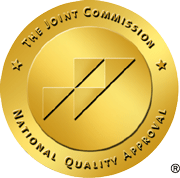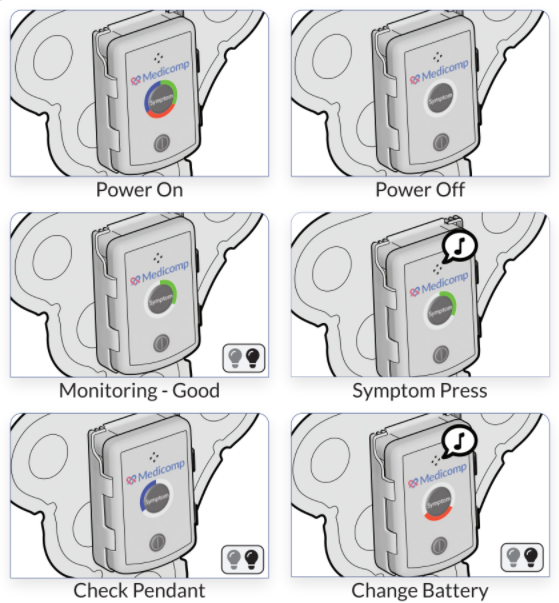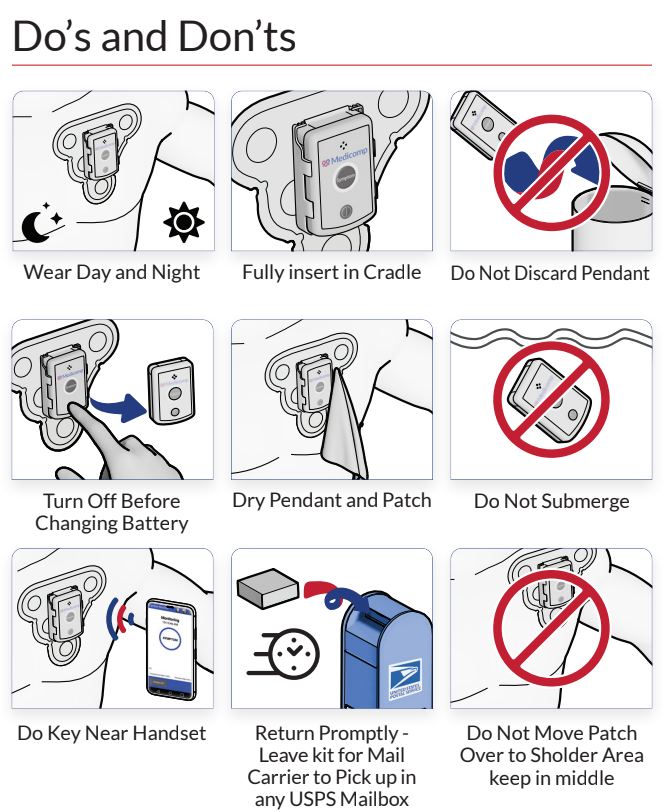A recent study by Georgia Tech researchers published in the Journal of General Internal Medicine reported that doctors frequently have a tendency of interrupting their patients, sometimes not even allowing the patient to state the reason he or she entered the clinic. The mobile cardiac telemetry specialists at ReactDx understand that physicians have extremely full schedules, but actively listening to your patients can help improve outcomes.
The Georgia Tech study included 272 patient/doctor encounters at the Mayo Clinic and its affiliates. Findings were alarming: 80 percent of specialist visits and 64 percent of primary care visits were carried through to their conclusion without the physician asking the reason for the visit. When patients were able to communicate the reason for their visit, they were interrupted approximately 67 percent of the time by overworked physicians attempting to expedite the process and move on to the next waiting patient. The interruption occurred early on in the conversation, with a median of 11 seconds before the patient was cut off mid sentence. The interruption was not due to a pleasantry, agreement, or open-ended comment; instead, it was usually a question seeking a yes-or-no response.
On average, physicians are allocated 15 minutes per patient, which includes the initial interview, examination, and documentation. However, some patients have more than 15 minutes worth of symptoms or ailments. Quick responses and snap decisions may create happy insurance companies in the short run, but patients may not look favorably on physicians who rush through appointments and curtail conversations. Even more frightening is the very real possibility of an incorrect diagnosis based on insubstantial information, which engenders increased medical costs, lost productivity, and patient suffering or death.
With this critical information in mind, what is the plan of action? Medical schools train students on proper bedside manner, including active listening, but doctors are rarely evaluated on this particular skill post-graduation. Physicians need to recognize that social skills and active listening are simply not optional; instead, they need to be considered an extremely inexpensive medical procedure. When doctors work with patients rather than “in the patient’s best interest,” patient health plans generated are more likely to be followed since the patient can take ownership of their own health regimen. Active listening also builds trust and a better understanding of underlying medical conditions.
Allaying patient fears should remain a goal for all physicians. ReactDx is a leader in helping patients take control of their healthcare with their top-of-the-line mobile cardiac telemetry technology and courteous customer service. Give ReactDx a call at 800-23-HEART.



